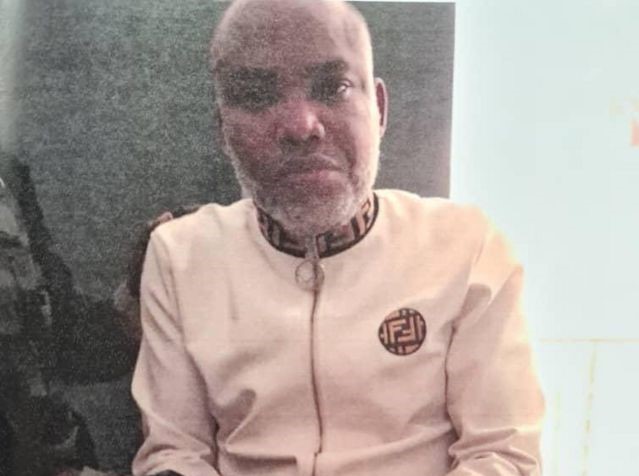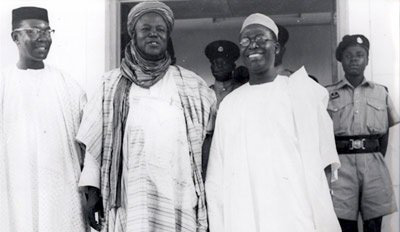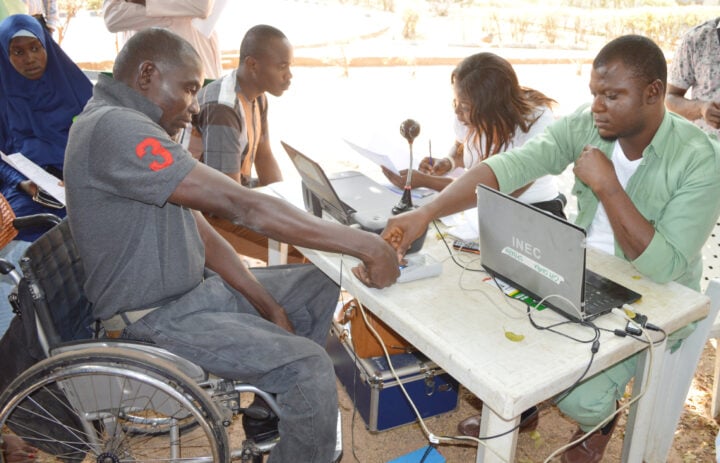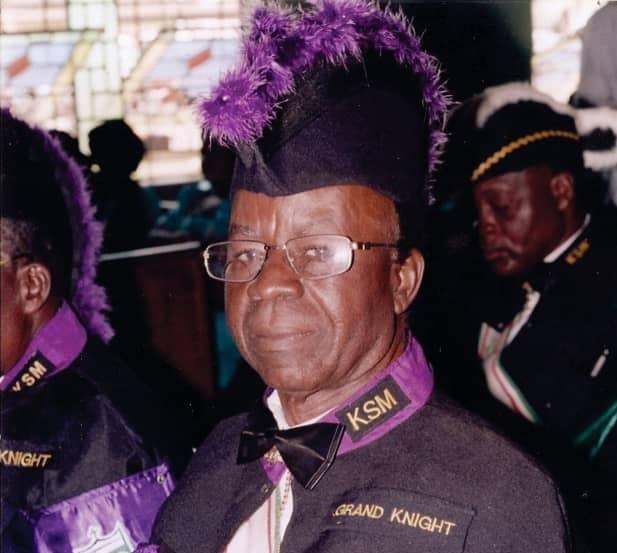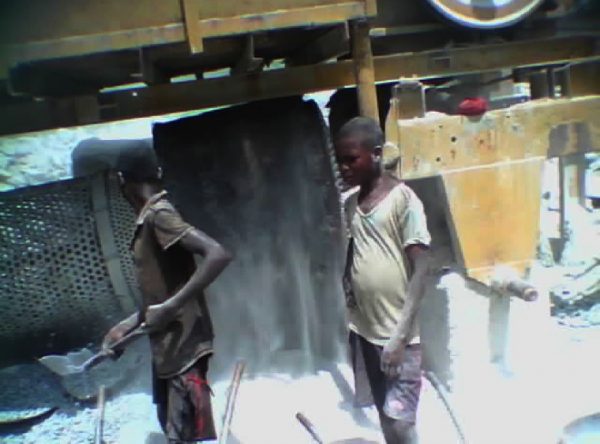Schools in Nigeria, in the last decade, have come under recurring security threats. This is as a result of insurgency targeted at schools and resulting in the abduction of students and teachers, destruction of infrastructure, closure of schools and increase in internal displacement of persons in areas affected and prone to these security threats.
Over the next couple of weeks, I will be sharing my thoughts on the challenges of Safe Schools in Nigeria and the measures that are being taken by security agencies and educational stakeholders to promote the safety of our schools.
Security threats to our schools, most notably the Northern part of Nigeria, by various criminal groups including armed bandits, militants and terrorist groups (Boko Haram and ISWAP), continues to impact negatively on our education system in the country. School children are currently at risk of – radicalisation, recruitment, sexual exploitations including early marriage, defilement and rape, leading to the prevalence of unwanted pregnancies etc.
The ravaging activities of these criminal groups in the states also continues to undermine livelihoods and sustainable economic development in the affected communities. The livelihood of most farming communities has been disrupted, especially communities and trading locations in proximity to the forest areas, as criminal gangs exploit these locations. In some instances, communities have withdrawn their children from schools due to the level of insecurity and poverty caused by these groups. As a result, it has contributed to the number of out-of-school children and also increased the turnover of teachers in the affected States. By the end of 2015, a UNICEF estimate indicated that 37% of the Internally Displaced People (IDP) in Borno, Adamawa and Yobe states were between 6 and 17 years of age, while the Education in Emergencies Working Group Nigeria (EIEWGN) also estimated that more than 800,000 school-aged children were also displaced; with over 650,000 of those displaced in two neighboring Local Government Areas (LGAs) situated in Borno-Maiduguri and Jere.
Advertisement
Enduring vulnerabilities including poor security intelligence, perceived marginalization, youth unemployment, porous borders and the proliferation of Small Arms and Light Weapons (SALW), amongst others, continue to facilitate the prevalence of the security challenges across the country.
One of the foremost attacks on our schools was reported in 2014 – the unprecedented abduction of 200 girls from their schools in Chibok town of Borno State by the Boko Haram Insurgent group. Sadly, we have had several other attacks since then including; the abduction of 110 female pupils in Dapchi, Yobe State on February 19, 2018 – according to a report from BBC, one of the rescued pupils stated that, “No matter what security is put in place I honestly don’t think I can go back to this school. I have a lot of friends who went missing. At first, I couldn’t go to sleep. I was very much shaken. But I feel better now.”
In another account, on the 11th of December 2020, over 300 pupils were kidnapped from a boys’ secondary boarding school on the outskirts of Kankara, Katsina State.
Advertisement
Similarly, on the 26th of February 2021, over 300 schoolgirls at Government Girls Secondary School, Jangebe in the Talata-Mafara Local Government Area of Zamfara State were abducted by gunmen suspected to be bandits.
And most recently, on the 30th of May 2021, students were abducted from an Islamic school in Niger state. According to the proprietor of the school, an estimated number of about 150 students were taken.
Cumulatively, about 1,400 schools have been destroyed since 2014, with over 1,280 casualties among teachers and students.
With these unending attacks, destruction and temporary closure of schools, there is no better time to ensure a comprehensive security upgrade of the Infrastructure and framework in our schools.
Advertisement
Without Safe Schools, our dreams of harnessing the power of education for achieving goals in health, food, employment, environment, energy, security, among a miscellany of other subsets of socioeconomic activities will come to naught.
Without Safe Schools, Education for All will remain a pipe dream and also the attainment of the Sustainable Development Goals (SDGs) will be hindered. The culmination of the logic is: No Safe Schools, No National Development.
Key Stakeholders are currently working to ensure the full implementation of the “Safe Schools Initiative” launched in May 2014 by the UN Special Envoy for Global Education, Former British Prime Minister Gordon Brown, alongside the Federal Government of Nigeria, Nigerian Global Business Coalition for Education and private sector leaders at the World Economic Forum, Africa edition.
Driven by the Safe Schools Initiative, below are 3 cost-effective solutions being put in place to achieve a robust security framework for all our schools across the country;
Advertisement
- Schools Map out: This is a comprehensive state by state assessment of all schools; which identifies inherent security gaps, individual threat levels and recommend practicable solutions.
- National Emergency Response Plan: This is a standardized emergency and crisis response plan; which provides a step-by-step guide as regards the process to be taken in the event of an emergency.
- Awareness & Community Engagement: This is a security awareness exercise involving relevant stakeholders including political and religious groups, youths, community leaders, etc.; which is expected to serve as a support system for the existing security installations in and around our schools.
Education forms the foundation of any society. It is responsible for the economic, social, political growth and development of society in general. The thread of the growth of society depends upon the quality of education that is being Imparted. ensuring that schools are open play an Important role in molding a nation’s future by facilitating all round development of its future Citizens. – Education World.
Therefore, all relevant and key educational stakeholders must come together to ensure that our schools are safe and open for learning.
Advertisement
I will speak more to this in my next article.
Till the next time we meet here, remember we all have “A Role to Play.”
Advertisement
Bank-Olemoh is Senior Special Assistant to the President on Education Interventions.
Advertisement
Views expressed by contributors are strictly personal and not of TheCable.
Add a comment


